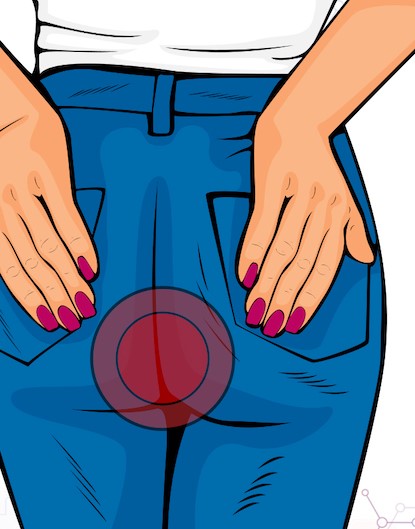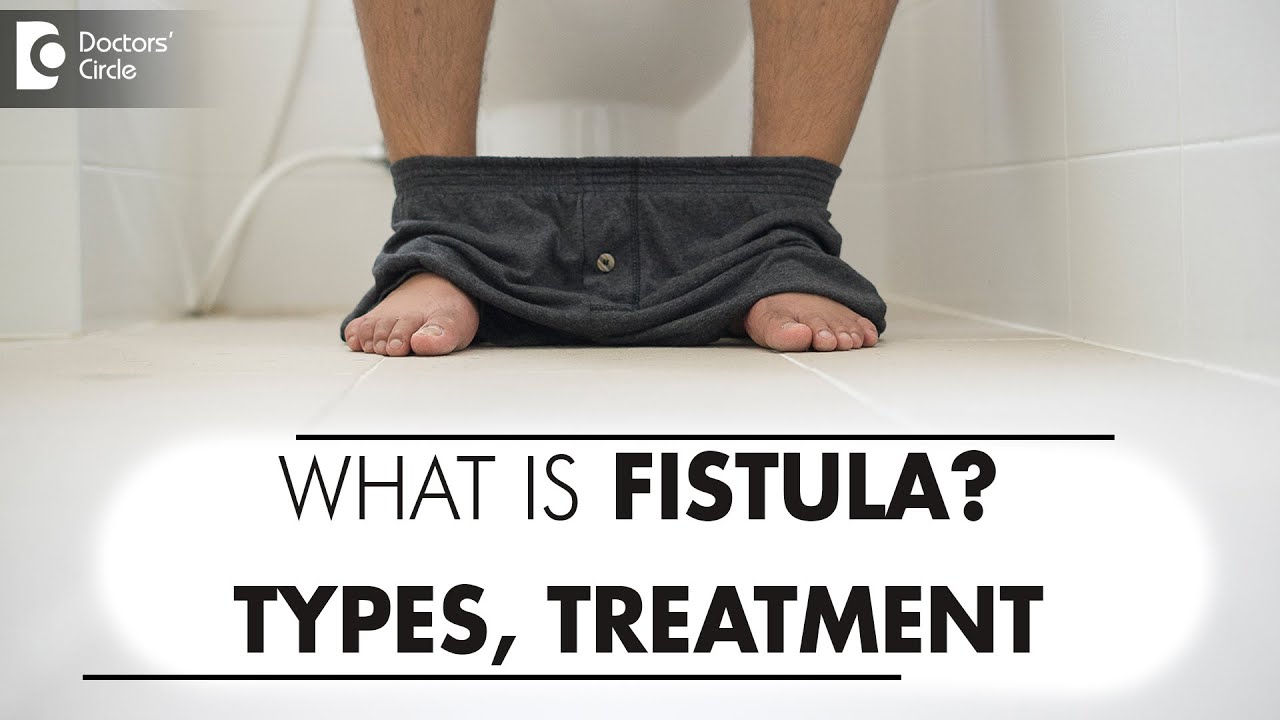Fistula - What Is It? Its Symptoms And Homeopathy Treatment Options
A fistula is an irregular connection between two human organs or blood vessels and another tissue. Fistulas are often caused by an accident or surgical procedure. Infection or inflammation may potentially lead to the formation of a fistula.
Author:James PierceReviewer:Karan EmeryJan 19, 20231 Shares265 Views

A fistulais an irregular connection between two human organs or blood vessels and another tissue. Fistulas are often caused by an accident or surgical procedure. Infection or inflammation may potentially lead to the formation of a fistula.
When the gut and the skin form a fistula, it is called an enterocutaneous fistula. As the inflammation within the body worsens, lesions emerge, and eventually a tunnel is formed in the tissues.
The severity of a fistula will determine the kind of therapy required, which may include anything from medicine to surgery. Homeopathy can also be a successful therapy for fistula, however the duration of treatment varies from individual to individual.
What Is Fistula?
Fistulas are abnormal openings in the skin or underlying tissue that connect to internal organs. Also, a fistula may form between other organs, including the bladder and rectum. Infection, injury, or surgery are the most prevalent causes of fistulas. But they may also happen on their own own.
Depending on where a fistula is located, it may produce a wide range of symptoms. They may be painful and may result in pus or blood drainage as well as possible bleeding. It is possible for fistulas to cause fatal infections in certain people.
Fistulas may be treated in a number of ways, but the method used depends on the underlying reason. It's possible that sometimes they'll just sort themselves out. While some fistulas may heal on their own, the majority of them need to be repaired surgically. Some forms of fistulas may respond well to homeopathic therapy.

FISTULA ANIMATION | Fistula Types | Treatment: Surgery & Laser-Dr. Rajasekhar M R | Doctors' Circle
Fistula Causes
Abscesses, or pockets of pus in the body, are a frequent cause of fistulas. It's possible that the abscess is being regularly fed by bodily fluids like feces and urine, preventing it from draining and healing. Fistulas form when it penetrates the skin, another cavity, or an organ. A further prevalent cause is trauma from an accident or surgery.
Crohn's disease is characterized by a high prevalence of fistulas. A channel may emerge in the gut wall as a result of severe ulcers in the digestive system brought on by the disease's continuous inflammation. Within 20 years of diagnosis, up to 50% of those with Crohn's disease will have developed a fistula.
Fistulas are an uncommon complication of inflammatory and infectious diseases such as diverticulitis and tuberculosis.
Fistula Treatment Options
The etiology, location, and severity of a fistula all play a role in determining how best to treat it. Fistula may be treated in a number of different ways. Surgery is the most frequent and reliable method of therapy. However, there are more treatment alternatives available, such as homeopathy, for fistula.
Using only naturally occurring ingredients, homeopathy is a kind of alternative medicine. Plants, minerals, and even animals are used in the creation of homeopathic medicines. They are often taken orally after being diluted with water or alcohol. Homeopathic treatments are harmless and have minimal adverse effects.
Fistula cannot be treated quickly using homeopathy. It takes time to work, and the benefits may not be instantaneous. But for certain fistula patients, homeopathy has shown to be a beneficial therapy choice. If you're thinking about using homeopathy as a treatment option, it's best to talk to a professional who can prescribe a remedy that's just right for you.
Homeopathy Treatment
Fistula homeopathy refers to the practice of utilizing natural medicines to cure fistulas. The notion of "like heals like" lies at the heart of homeopathic therapy for fistulas. In other words, the same drug that might cause the symptom is also used to treat it.
Homeopathic medicines are made from organic materials like plants and minerals and even animal parts. They've been watered down so far that using them poses no risk and has no adverse effects.
As with other homeopathic treatments, the success of a fistula therapy is unique to the particular patient and their unique situation. Based on the patient's symptoms, medical history, and other considerations, the homeopathic practitioner will prescribe the most effective treatment.
A typical course of treatment with homeopathic medicines is slow and steady. It might take a while, perhaps even years, before any progress is made. The success rate of homeopathic therapy for fistulas is high, even when conventional treatments have failed.
Herbal Treatment
In many cases, fistulas may be effectively treated using herbal medicines. An expert herbalist consultation is the best approach to determine which herbs will provide the desired results from among the various options available.
Calendula, goldenseal, myrrh, and turmeric are only some of the most often used herbal remedies for fistulas. The antibacterial qualities of these herbs will aid in the treatment of the illness and the calming of any accompanying inflammation. They may also aid in the repair and regeneration of tissues.
Teas and tinctures are common ways to consume herbs for medical purposes. Compresses and poultices made from them may also be used topically. Always get the advice of a professional herbalist before trying any of these treatments on your own.
You should see your doctor before trying any natural therapies for your fistula. These treatments are harmless on their own, but they might have negative interactions with other drugs you're taking.
People Also Ask
What Is The Cause Of Fistula?
Fistulas develop after an accident or surgical procedure. A fistula may also develop due to infection or irritation.
What Are Symptoms Of Anal Fistula?
Inflammation of the skin surrounding the anus in anal fistula. A continuous, throbbing ache that may be exacerbated by sitting, moving, defecating, or coughing. Offensive discharge at the anus and passing pus or blood in the feces.
Is A Fistula Serious?
Yes, fistulas are very uncomfortable and, if ignored, may result in serious consequences. Sepsis is a potentially life-threatening illness that may develop from a bacterial infection of a fistula and cause low blood pressure, organ damage, or even death.
How Do You Treat A Fistula?
A fistula may be treated by using tighter setons to progressively cut through the fistula. The surgeon will be able to tell you whether one or more surgeries is needed. They may also recommend a series of fistulotomies, each of which would involve gently opening a smaller piece of the fistula, or another course of action.
Final Thought
Treatment options depend significantly on the fistula's location and severity. Those with fistula may find long-term treatment with no adverse consequences with homeopathy.
However, most patients may successfully control their symptoms within three months with a suitable homeopathic prescription and lifestyle adjustments such food changes, exercise, and stress management strategies.

James Pierce
Author

Karan Emery
Reviewer
Latest Articles
Popular Articles